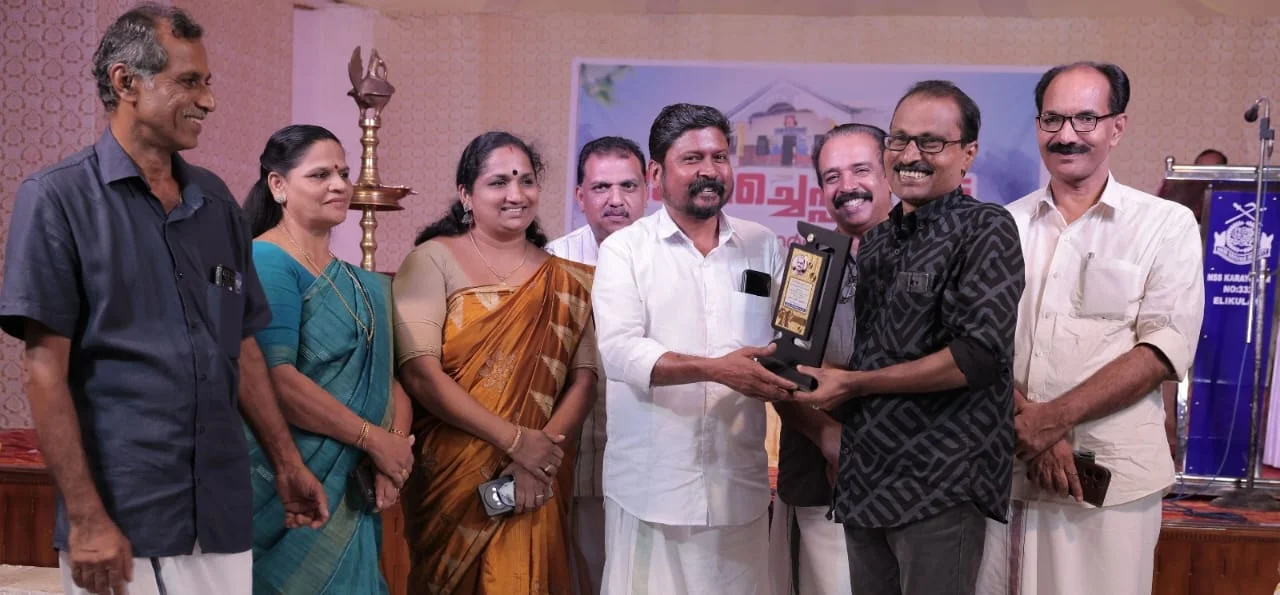Progress and Roadblocks
Maternal and Child Healthcare Initiatives hold paramount importance in India’s journey towards better healthcare and a brighter future. These initiatives are like a protective shield for our mothers and little ones, ensuring their health and well-being. For mothers, these initiatives ensure safe pregnancies, skilled medical care during childbirth, and postnatal support. This not only safeguards the health of mothers but also reduces maternal mortality rates, ensuring that more mothers can witness the joys of motherhood without compromising their lives. Equally crucial are these initiatives for our tiny tots. They provide essential vaccinations, proper nutrition, and timely medical attention. This not only helps in preventing diseases but also sets the foundation for a healthier life. Children who receive adequate healthcare are more likely to grow up stronger, mentally sharper, and capable of contributing positively to society. Moreover, these initiatives reflect our society’s commitment to equality and progress. By ensuring every child and mother receives the care they deserve, we are building a stronger and healthier nation. We are investing in the future, with healthier generations that can propel India toward prosperity. Maternal and Child Healthcare Initiatives are the heartbeats of our nation’s health. They hold the power to shape a future where every mother smiles with pride and every child grows up with the promise of a bright tomorrow.
While progress is evident, several roadblocks still impede the full potential of maternal and child healthcare initiatives. Let’s discuss those in this article.
Uneven Access:- Despite efforts, there exists a disparity in healthcare access between urban and rural areas. Remote regions lack proper healthcare facilities and skilled medical professionals, making it challenging for mothers and children to receive timely care.
Quality of Care:- In many areas, the quality of healthcare services remains a concern. Lack of trained healthcare staff and outdated medical equipment can undermine the effectiveness of initiatives. This affects the confidence of mothers and families in the healthcare system.
Healthcare Awareness:- Limited awareness about the importance of maternal and child healthcare persists in certain communities. This can lead to delayed or inadequate healthcare-seeking behavior, adversely affecting maternal and child health outcomes.
Social and Cultural Norms:- Deep-seated cultural norms and practices often influence maternal and childcare decisions. Traditional beliefs can hinder the adoption of modern healthcare practices and discourage timely medical interventions.
Nutritional Challenges:- Despite efforts, malnutrition among children remains a significant issue. Poor nutrition during early childhood can have long-term consequences on a child’s physical and cognitive development.
Healthcare Infrastructure:- Inadequate healthcare infrastructure in some regions hampers the delivery of healthcare services. Insufficient medical facilities, especially in remote areas, limit the availability of essential care during pregnancy and childbirth.
Awareness of Services:- Awareness about available healthcare services and initiatives is lacking in certain communities. Many mothers are unaware of the benefits they are entitled to, hindering their ability to access appropriate care.
Skilled Workforce:- The availability of skilled healthcare professionals in rural areas is a challenge. Ensuring the presence of qualified doctors, nurses, and midwives in remote regions is crucial for effective maternal and child healthcare. One of the significant challenges in rural areas is the scarcity of skilled healthcare professionals. The presence of qualified doctors, nurses, and midwives is indispensable for providing adequate maternal and child healthcare services in remote regions. Their expertise ensures timely medical assistance during pregnancies, safe childbirths, and postnatal care. Addressing this shortage is essential to bridge the healthcare gap between urban and rural areas. Efforts to train, incentivize, and deploy skilled professionals in these underserved areas can greatly enhance the quality and accessibility of healthcare services, contributing to the overall well-being of mothers and children in rural India.
Conclusion
Maternal and child healthcare initiatives have undoubtedly contributed to positive changes in India’s healthcare landscape. The decline in maternal mortality rates and increased child immunization rates are indicators of progress. However, there are still significant roadblocks that need to be addressed. Bridging the gap in healthcare access, improving healthcare quality, increasing awareness, and tackling social and cultural barriers are essential steps toward ensuring the success of these initiatives.
To overcome these challenges, a multi-pronged approach is needed. This includes strengthening healthcare infrastructure, increasing investments in training and deploying healthcare professionals in underserved areas, conducting awareness campaigns, and promoting community involvement. By addressing these roadblocks, India can further enhance the impact of maternal and child healthcare initiatives, ensuring a healthier and more prosperous future for generations to come.





